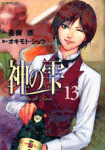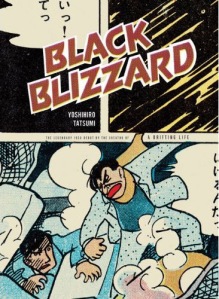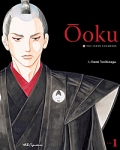 Deb (About.Com) Aoki spotted this and posted it on Twitter: an article from CNN on that much-covered, yet-to-be-licensed wine manga, Kami no Shizuku. As is only natural, Deb’s sharp eyes focused on this particular snippet:
Deb (About.Com) Aoki spotted this and posted it on Twitter: an article from CNN on that much-covered, yet-to-be-licensed wine manga, Kami no Shizuku. As is only natural, Deb’s sharp eyes focused on this particular snippet:
“According to the authors, the long-awaited English version will be out by the end of this year.”
(The emphasis is mine.)
Is our long wait over? Has the title had sufficient time to breathe, having been covered in virtually every major English-language venue? A search of the Amazon Canada site yielded no results, but I’m sure many folks are tirelessly seeking additional confirmation.













